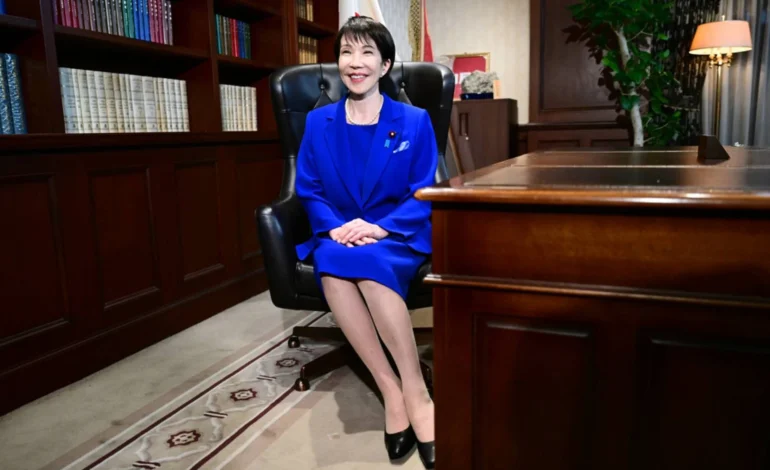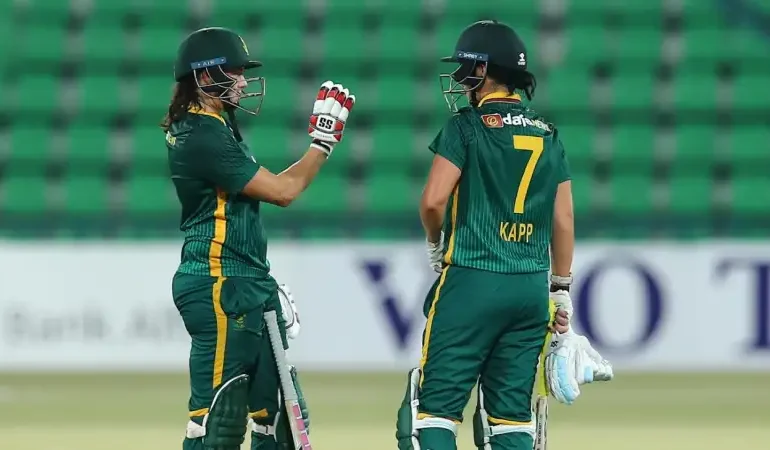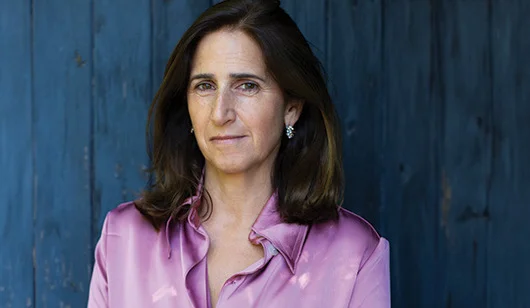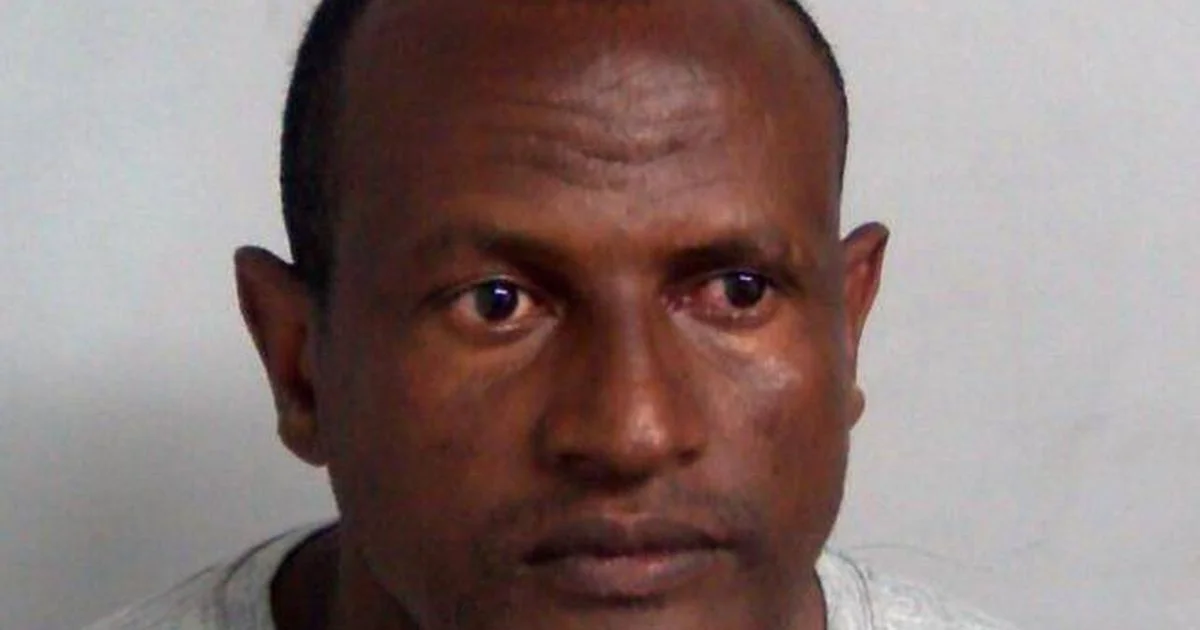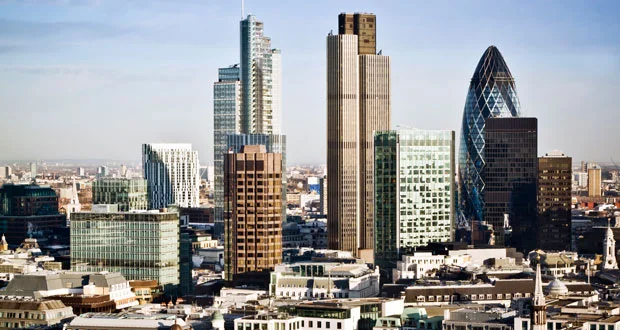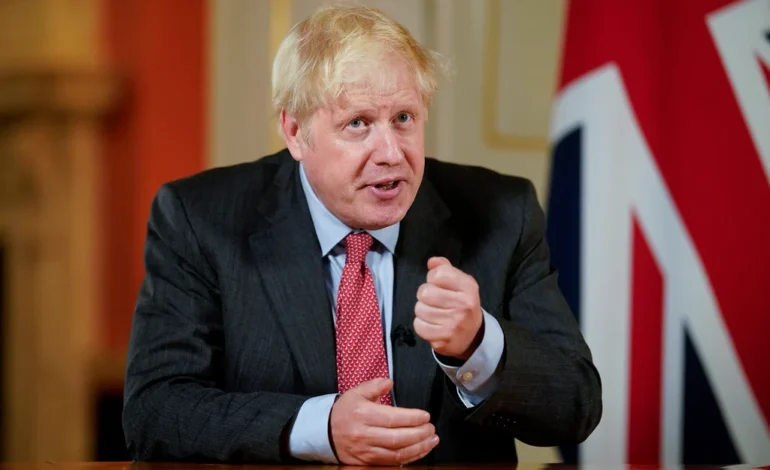
Former prime minister Boris Johnson faces a Covid-19 inquiry to address decisions made during the pandemic that led to prolonged school closures and major disruption to children’s education.
He is expected to defend his government’s handling of the crisis after a series of fast-changing measures left schools, teachers and families struggling to adapt to shifting restrictions.
UK News — Latest from EyeOnLondon
Explore today’s headlines. Open a story, then keep reading for more context and updates.
Deer rutting season: drivers warned to stay alert
Advice for motorists during peak crossings and low-light hours to reduce collisions.
Read the storyMore UK News
MI5 faces surge in terrorist investigations
Security service activity rises as casework grows and policing partners respond.
Read the storyMore UK News
UK mortgage rates edge up in October
Lenders nudge pricing higher as markets reassess the path for interest rates.
Read the storyMore UK News
Schools across the country were closed for long periods between 2020 and 2021, forcing millions of children to learn from home. When classrooms did reopen, pupils returned to strict social distancing rules, staggered schedules and “bubble” systems that often meant learning was interrupted again by outbreaks.
According to official figures, more than 1.7 million pupils were absent on a single day in July 2021 due to Covid-related measures, highlighting the scale of disruption across the country. The inquiry is examining how these decisions were made, what evidence informed them and how children were affected socially, emotionally and academically.
“We were constantly trying to balance competing pressures,” a former senior adviser told the inquiry. “The public health imperative to protect the NHS was weighed against the huge social costs of keeping children out of classrooms.”
Mr Johnson is expected to argue that decisions were guided by public health advice and that closing schools was one of the few tools available to slow the spread of infection before vaccines became widely accessible. He has previously said that the government “acted in good faith under extraordinary pressure.”
The inquiry has already heard evidence from former education officials. Last week, former Education Secretary Gavin Williamson accused Mr Johnson of “choosing the NHS over children” during the critical period, claiming there was “a lack of seriousness” at the top of government when education officials raised concerns about learning loss and widening inequality.
Campaigners and children’s charities have warned of long-term effects from school closures, particularly for vulnerable pupils. Independent studies have linked sustained absences to a decline in literacy and numeracy, as well as increased anxiety and social withdrawal.
The UK Covid-19 Inquiry has placed children’s experiences at the centre of its current phase of hearings. Expert witnesses, including educational psychologists, have been called to give evidence on how the pandemic response affected pupils from early years through to secondary school.
Mr Johnson last gave evidence to the inquiry in 2023. Today’s session is expected to last several hours and may shape public understanding of how the government weighed competing priorities at the height of the crisis.
For more independent coverage of London’s crime and justice stories, follow EyeOnLondon. We’d love to hear your views in the comments.
Follow us on:
Subscribe to our YouTube channel for the latest videos and updates!
We value your thoughts! Share your feedback and help us make EyeOnLondon even better!

